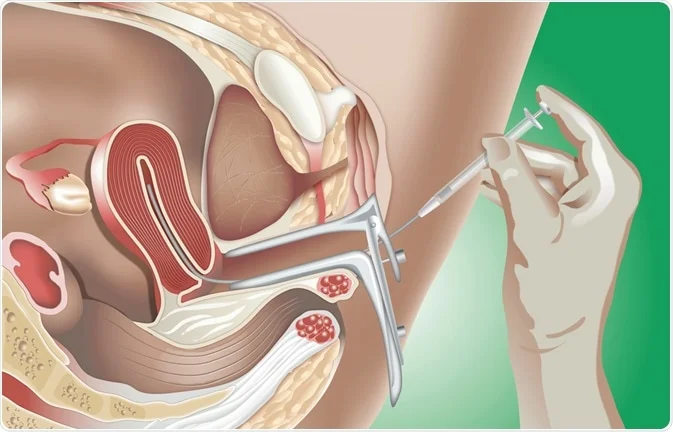When considering Intrauterine Insemination (IUI), you might wonder about the differences between natural and medicated approaches. IUI is a fertility treatment that involves the direct placement of prepared sperm into the uterus during ovulation, aiming for that perfect moment when sperm meets the egg. Here at TFP, we offer both natural and medicated IUI, and a fertility assessment will help us determine which method is best suited for you.
The Key Differences
The key distinction between natural and medicated IUI revolves around the use of hormonal medications. Natural IUI doesn’t involve any drugs, while medicated IUI utilizes fertility medications like clomiphene citrate and letrozole to stimulate the development of one or two follicles. These follicles will then release the egg(s) into the fallopian tubes where they can meet the sperm. Regardless of the method, ultrasound scans are conducted to track follicle growth and pinpoint ovulation timing for the sperm injection.
Medications Used in IUI
As for the medications used, they can vary from person to person, especially for those needing help with ovulation. Commonly prescribed medications include clomiphene citrate, letrozole, and gonadotrophins, which all encourage egg production. Although some medications might cause side effects—such as nausea, headaches, or hot flashes—it’s essential to communicate any discomfort to your fertility clinic or general practitioner.
Who Can Benefit from IUI?
It’s crucial for the female partner to have open fallopian tubes so that the egg can meet the sperm. Additionally, if there’s a male partner, their sperm quality and quantity must be sufficient. Women with regular menstrual cycles may find natural IUI suitable, while those with ovulation challenges or previous unsuccessful IUI attempts might be directed toward medicated IUI.
The IUI Procedure
The procedure itself is pretty straightforward and tailored to individual needs. Typically, it includes a fertility assessment, which involves checking the status of the female’s fallopian tubes and conducting a semen analysis for male partners. If medicated IUI is chosen, the female will receive a trigger hormone injection to facilitate egg maturation. The sperm sample is then prepared and injected into the uterus using a thin catheter. Patients may feel mild discomfort during the procedure but can usually head home shortly after with a bit of rest.
Success Rates
In terms of success rates, about 15% of IUI cycles lead to a successful pregnancy. However, the outcomes can vary based on personal circumstances such as age, fertility health, and the type of medication used. We’ll discuss these details thoroughly during your consultation to ensure you’re well-informed.
Additional Resources
If you’re curious about additional resources, you might find it helpful to check out this blog post on overcoming challenges to achieve a positive pregnancy test with Make a Mom. Plus, Make a Mom offers a great at-home insemination kit that could be worth exploring. For comprehensive support on fertility treatments, visit the March of Dimes for valuable information.
Conclusion
In summary, natural and medicated IUI offer different paths for couples looking to conceive. The choice between the two largely depends on individual health assessments and fertility needs. With proper guidance and support, you can make informed decisions on your fertility journey.

